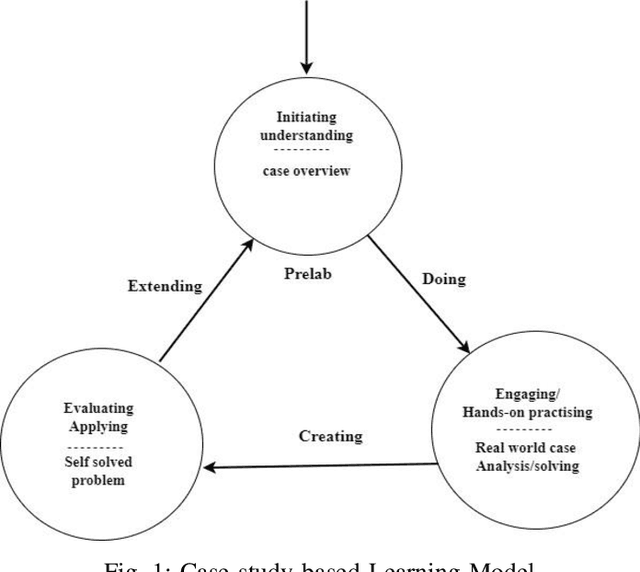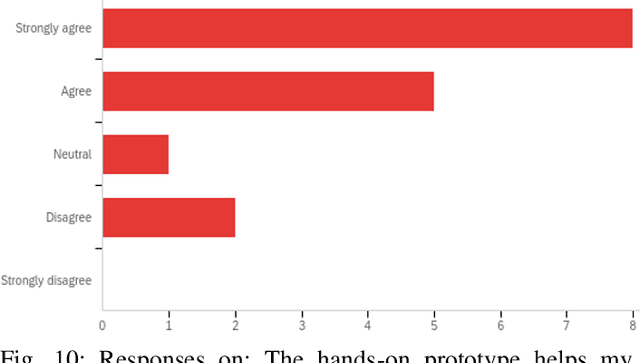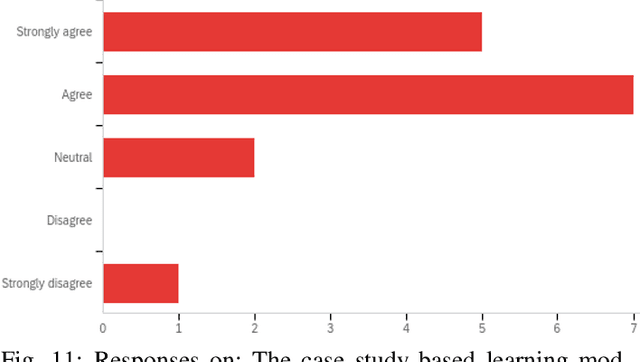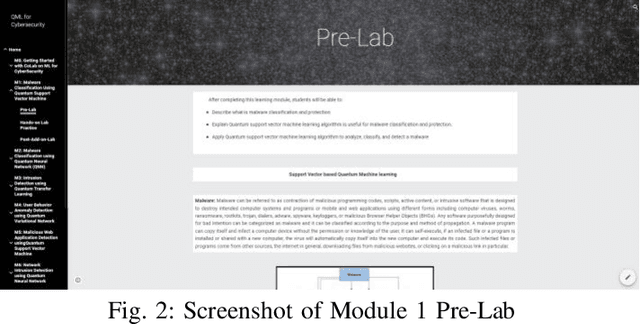Muhammad Rahman
Artificial Intelligence in Career Counseling: A Test Case with ResumAI
Aug 28, 2023



Abstract:The rise of artificial intelligence (AI) has led to various means of integration of AI aimed to provide efficiency in tasks, one of which is career counseling. A key part of getting a job is having a solid resume that passes through the first round of programs and recruiters. It is difficult to find good resources or schedule an appointment with a career counselor to help with editing a resume for a specific role. With the rise of ChatGPT, Bard, and several other AI chat programs it is possible to provide specific, automated feedback on various concerns to suggest places for improvement within the context of career counseling. This paper begins with a quick literature review on the ethical considerations and limitations of AI in career counseling. The authors also have created their own website service, called ResumAI, to test and review the functionality of an AI career counselor. The findings of this study will contribute to the understanding of chat AI ResumAI reviewer programs and sites. The implications of the findings for the field of career counseling, AI development, and ethical practice will be discussed.
Case Study-Based Approach of Quantum Machine Learning in Cybersecurity: Quantum Support Vector Machine for Malware Classification and Protection
Jun 01, 2023



Abstract:Quantum machine learning (QML) is an emerging field of research that leverages quantum computing to improve the classical machine learning approach to solve complex real world problems. QML has the potential to address cybersecurity related challenges. Considering the novelty and complex architecture of QML, resources are not yet explicitly available that can pave cybersecurity learners to instill efficient knowledge of this emerging technology. In this research, we design and develop QML-based ten learning modules covering various cybersecurity topics by adopting student centering case-study based learning approach. We apply one subtopic of QML on a cybersecurity topic comprised of pre-lab, lab, and post-lab activities towards providing learners with hands-on QML experiences in solving real-world security problems. In order to engage and motivate students in a learning environment that encourages all students to learn, pre-lab offers a brief introduction to both the QML subtopic and cybersecurity problem. In this paper, we utilize quantum support vector machine (QSVM) for malware classification and protection where we use open source Pennylane QML framework on the drebin215 dataset. We demonstrate our QSVM model and achieve an accuracy of 95% in malware classification and protection. We will develop all the modules and introduce them to the cybersecurity community in the coming days.
Twitter Corpus of the #BlackLivesMatter Movement And Counter Protests: 2013 to 2020
Sep 28, 2020

Abstract:Black Lives Matter (BLM) is a grassroots movement protesting violence towards Black individuals and communities with a focus on police brutality. The movement has gained significant media and political attention following the killings of Ahmaud Arbery, Breonna Taylor, and George Floyd and the shooting of Jacob Blake in 2020. Due to its decentralized nature, the #BlackLivesMatter social media hashtag has come to both represent the movement and been used as a call to action. Similar hashtags have appeared to counter the BLM movement, such as #AllLivesMatter and #BlueLivesMatter. We introduce a data set of 41.8 million tweets from 10 million users which contain one of the following keywords: BlackLivesMatter, AllLivesMatter and BlueLivesMatter. This data set contains all currently available tweets from the beginning of the BLM movement in 2013 to June 2020. We summarize the data set and show temporal trends in use of both the BlackLivesMatter keyword and keywords associated with counter movements. In the past, similarly themed, though much smaller in scope, BLM data sets have been used for studying discourse in protest and counter protest movements, predicting retweets, examining the role of social media in protest movements and exploring narrative agency. This paper open-sources a large-scale data set to facilitate research in the areas of computational social science, communications, political science, natural language processing, and machine learning.
 Add to Chrome
Add to Chrome Add to Firefox
Add to Firefox Add to Edge
Add to Edge